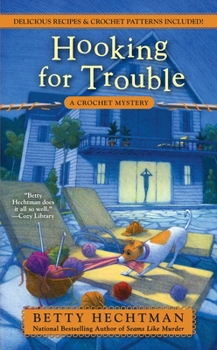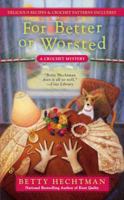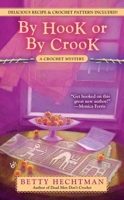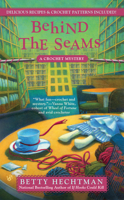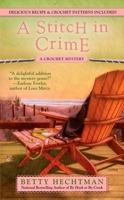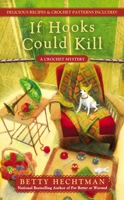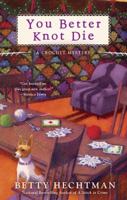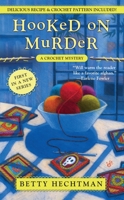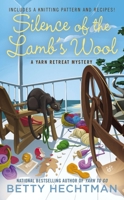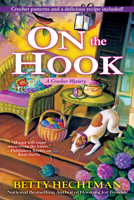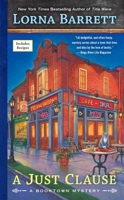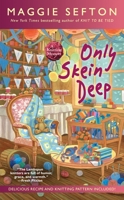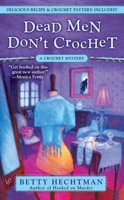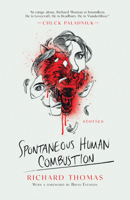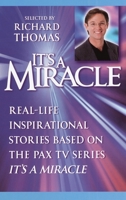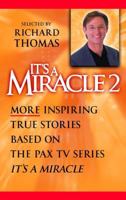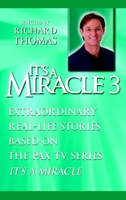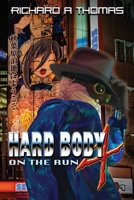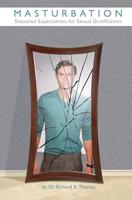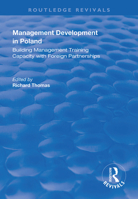You Might Also Enjoy
Book Overview
Molly Pink can't help seeing a pattern of trouble in the latest mystery from the national bestselling author of Seams Like Murder. The Tarzana Hookers' Yarn University has been a big success, and the classes have drawn in a slew of new crochet devotees. A less welcome arrival is the boxy monstrosity in the yard behind Molly's house. She hasn't met her new neighbors, but when she sees a couple struggling on the balcony and later spies what looks like someone lying on the ground, Molly wastes no time calling in her ex, homicide detective Barry Greenberg. To Molly's shock, Barry reports that nothing is amiss with her neighbors and asks her to lay off with the amateur detecting. Molly knows she wasn't just seeing things, but with no body to prove her case she'll have to unravel the evidence on her own--because someone in Tarzana is tangled up in murder... DELICIOUS RECIPES & CROCHET PATTERNS INCLUDED
Format:Mass Market Paperback
Language:English
ISBN:0425279456
ISBN13:9780425279458
Release Date:November 2016
Publisher:Berkley Books
Length:304 Pages
Weight:0.37 lbs.
Dimensions:1.0" x 4.2" x 6.7"
More by Richard Thomas
Customer Reviews
5 customer ratings | 5 reviews
There are currently no reviews. Be the first to review this work.











